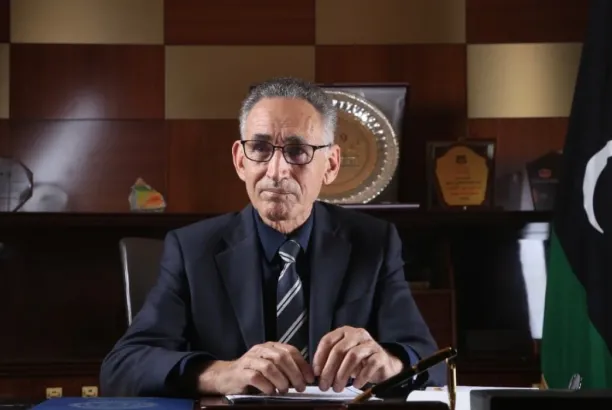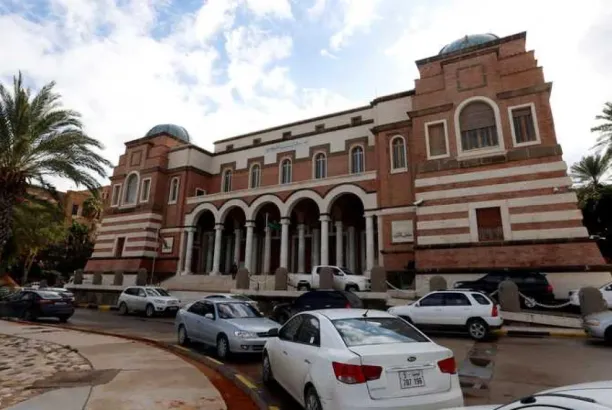
| News
Al-Sharif Writes on Calls to Float the Libyan Dinar and Let Its Value Be Determined by Market Supply and Demand Without Central Bank Intervention
Economic expert Idris Al-Sharif wrote that as long as the Central Bank remains the sole monopolistic source of selling foreign currency in the market, and since the Libyan economy is one-sided, relying on a single export commodity sold in dollars, there is no suitable method for determining the exchange rate other than the (fixed exchange rate) set by the monopolist (the Central Bank), which adjusts it whenever it wishes.
Al-Sharif asked: “Who would demand the Libyan dinar if it were floated and its value left to supply and demand mechanisms? Do we have other export commodities besides oil (monopolized by the state, priced, and sold in dollars) that could generate demand for the dinar from foreign buyers? Would floating the exchange rate under Libya’s current conditions create or increase the production and export of such commodities?“
He continued: “Do we currently have tourism that could generate demand for the dinar from foreign visitors? Do we have inflows of foreign investment that could create demand for the dinar? Do we have expatriate workers or businesspeople transferring foreign currency into the country and thereby creating demand for the Libyan dinar?“
Al-Sharif explained that this means there would be a large supply of dinars without corresponding demand, which would cause the dinar’s value to collapse entirely if it were floated. “Is there a simpler explanation than this for those calling for immediate floating without understanding or awareness of the most basic laws of economics—chief among them the law of supply and demand?“
He added that even other oil-producing countries that have significantly diversified their economies and enjoy political stability, strong institutions, and highly efficient legislation—such as the UAE and Saudi Arabia—still operate under a fixed exchange rate system and have not considered floating their currencies to date. “Yes, we do have an exchange rate problem, caused by decades of misguided economic policies (worsened by political turmoil), but the solution cannot be limited to this proposal, which would undoubtedly worsen the problem rather than solve it.“





